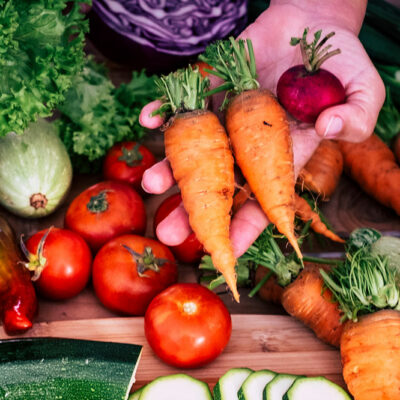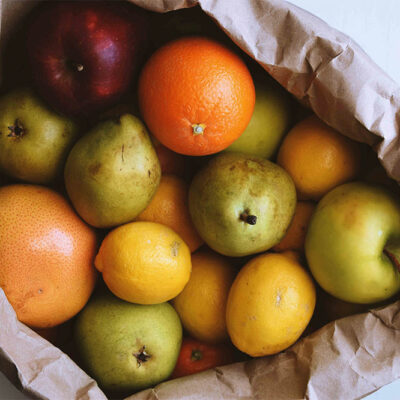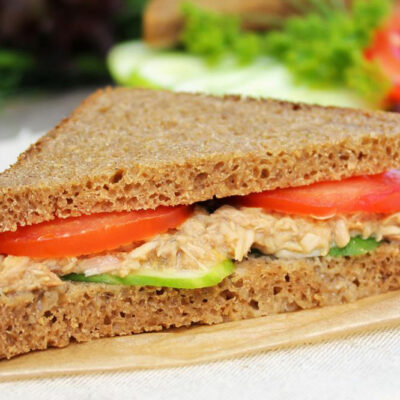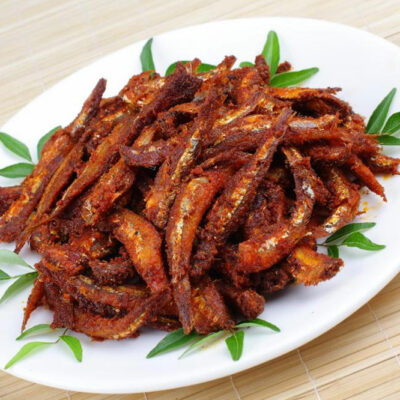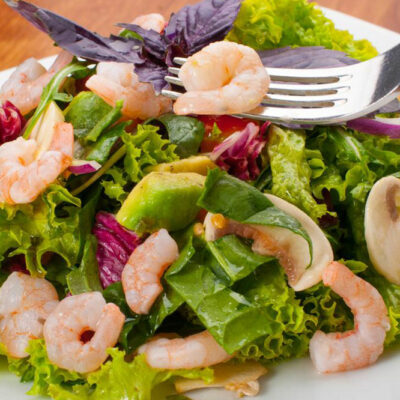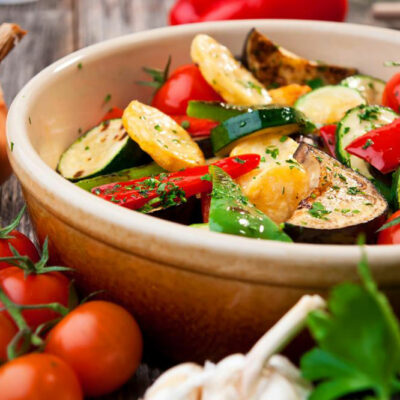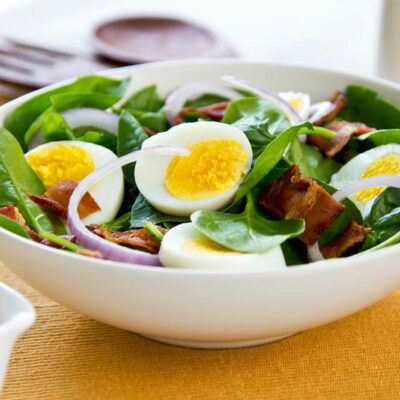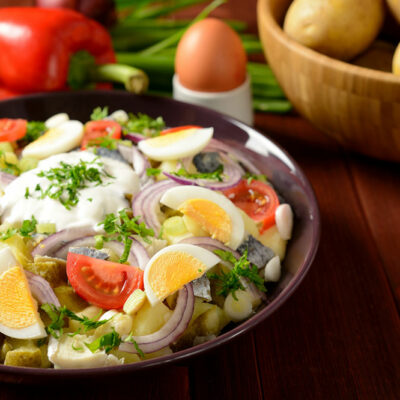
Food
Foods That Help Manage Gout
Gout, a type of arthritis that is caused by excess uric acid in the body, causes severe pain and inflammation and mostly affects the big toe. Uric acid is produced by the body when foods containing purine are digested. So, avoiding the consumption of certain foods and including other beneficial foods can help manage the condition better. Here’s what to eat when suffering from gout: Legumes, vegetables, and fruits: Kids, and even adults at times, are repeatedly asked to finish the vegetables on their plate. Well, this is not without good reason. One must aim to eat a healthy dose of low-purine vegetables while going easy on the moderate- and high-purine content ones. For instance, beetroot, kailan, cabbage, and squash do not spike the uric acid levels when digested, but cauliflower, asparagus, spinach, and mushrooms are best consumed in moderation. Whole grains: Fibrous foods are among the most beneficial dietary choices if one is wondering what to eat when suffering from gout. Whole-grain foods contain complex carbohydrates that allow the body to digest the food slowly. Though they contain a moderate amount of purine, the benefits of eating whole foods far outweigh the risks. Several lifestyle-related diseases like heart attacks, hypertension, and cholesterol can be prevented by following a diet rich in complex carbohydrates.
Read More 